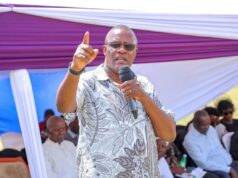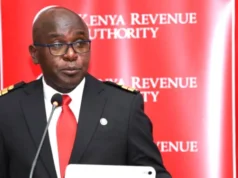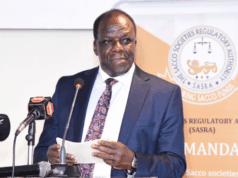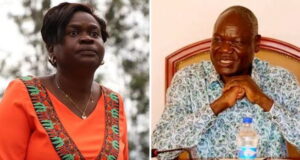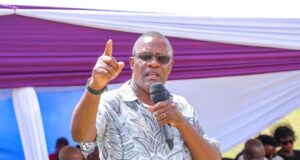Leadership is not something that can be declared into existence. It is tested, proven, and validated by the people who entrust it to you. Before seeking higher office, every aspiring leader must demonstrate electability. They must show, through practice and experience, that they can be chosen and trusted by the community.
Electability begins at the very basic levels of society. If an individual cannot be elected to serve as the chairperson of a cattle dip committee, or to lead a funeral committee, how then can they claim readiness to lead a constituency, a county, or even an entire nation? Leadership is rarely built in the abstract.
It grows in the small spaces where people interact daily, where decisions about community welfare are made, and where trust is constantly tested. The people who earn respect at these levels are the ones who later earn the privilege to seek bigger offices.
The electorate, in their wisdom, may not always have the most refined tools to identify and measure leadership, but they carry the ultimate power. They can recognize who among them has the ability to listen, to mobilize, and to represent their interests faithfully.
Their choices may not always align with academic qualifications or polished speeches, but they reflect the lived realities of their communities. That is why every serious aspirant must prove they are electable at home, among their people, before they imagine themselves at the national stage.
Electability is not only about popularity. It also requires a deep knowledge and understanding of what affects your people. A leader who fails to appreciate the everyday struggles, aspirations, and fears of their community is only wearing the title of leadership but not embodying its purpose.
To be electable, one must show that they are not removed from the pain of unemployment, the weight of school fees, the price of food, the lack of proper health care, and the frustrations of youth without opportunities. The electorate trusts those who understand them and who can offer practical solutions.
Kenya’s political environment, however, has developed peculiar characteristics that cannot be ignored. Three factors have come to dominate the process. The first is the central role of political parties. In many cases, a candidate must be tied to a strong party, and often to a party leader who is one of the front-runners in national politics.
The second is the availability of money. Campaigns are costly and financial resources lubricate the machinery that carries a candidate to office. The third is networks, which combine party affiliation and financial muscle to create almost instant electability in certain regions.
These realities mean that at times leaders ascend to office without passing through the crucible of proving themselves in smaller community roles. Money and party machinery can give them seats, but it does not necessarily give them the confidence of the people.
True leadership cannot only rely on these factors. It must rest on the foundation of trust, service, and demonstrated ability to be chosen.
For this reason, every aspiring leader must invest in building credibility at the grassroots. They must begin by serving, by listening, and by showing that their leadership is rooted in community.
A leader who can be trusted to manage a cattle dip fund transparently, or to organize a funeral committee fairly, is more likely to be trusted with larger responsibilities. The people are not blind. They watch, they measure, and they decide.
Ultimately, beyond money and political parties, electability is about the confidence of the people. It is about proving, in small and big ways, that you can be entrusted with the voice of the community.
Leaders who skip this stage often struggle to connect with the electorate, while those who embrace it find that the people carry them to higher office willingly.
Real leadership must be demonstrated, not declared. The path to high office begins in the village, in the ward, in the community committee. It begins with electability, and without it, any leadership journey remains incomplete.



